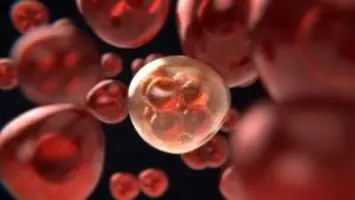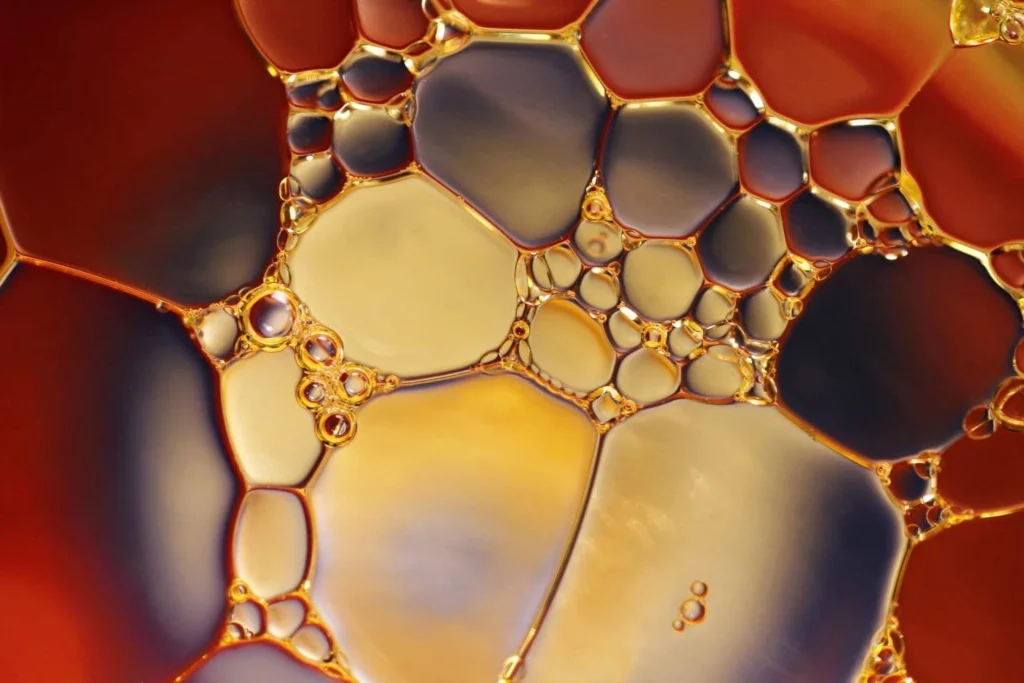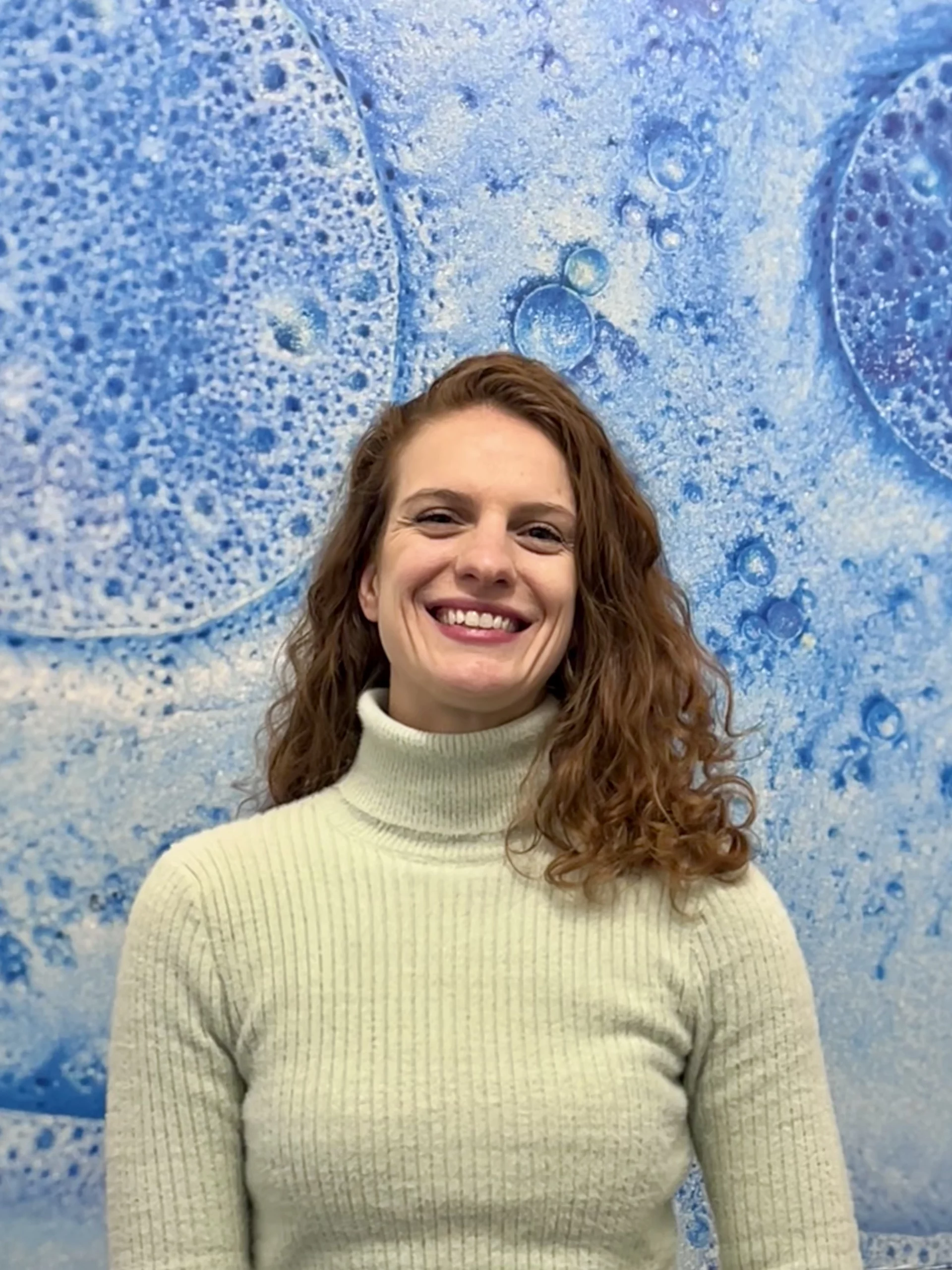Microfluidics to study the biochemistry of the origins of life: Protomet
Author
Camila Betterelli Giuliano, PhD
Publication Date
September 14, 2018
Status
Keywords
Origins of Life
coacervates
artificial cells
prebiotic chemistry
protometabolism
protocellular structures
catalytically active peptides
Your microfluidic SME partner for Horizon Europe
We take care of microfluidic engineering, work on valorization and optimize the proposal with you
Biochemistry in microdroplets to study life origins: introduction

Understanding how prebiotic chemistry gave rise to life as we know it represents one of the greatest enduring mysteries.
The complete absence of a historical record requires the collaboration of scientists from different disciplines (biochemistry, microfluidics, biology, and biophysics, among others) with access to advanced tools to make meaningful progress.
In this light, the Protomet project aims to train eight young researchers in a collaborative consortium to tackle this problem.
Together, they will develop a reconstituted protometabolism within compartments consisting of droplets, coacervates, vesicles, coacervate-containing vesicles, and compartments implemented into microfluidic devices.
Biochemistry in microdroplets to study life origins: project description
We are exploring how lipid bilayer vesicles are formed using droplet microfluidics to understand the pathway of the OB1 pressure controller (Elveflow), which gives unprecedented flow rate control (0.05% accuracy), allowing for precise and rapid control.

Subsequently, we will reconstitute on a microfluidic device, in collaboration with our consortium partners such as Cherry Biotech, the multistep prebiotic biochemical reactions, in which the control of pH is essential because several consecutive steps of protometabolic processes are dependent upon changes in pH.
Ultimately, the goal is to produce coacervate and lipid vesicle droplets containing catalytically active peptides to shed some light on the biochemistry of the origins of life.
Related content & results from this project
The Protomet project helped develop the following packs and instruments:
- Artificial cell droplet,
- Cancer cell migration,
- Neutrophil chemotaxis pack,
- Giant unilamellar vesicle production,
- Microbiology incubator,
- Stage-top incubator,
- Microfluidic pack for CO2 control,
- Pack without a CO2 incubator for dynamic cell culture.
Check out these reviews written by Camila Giuliano:
Funding



Researcher

Camila Betterelli Giuliano
PhD candidate Elvesys/University of Strasbourg
- Extensive experience with startups, digital innovation, and market research
- Master in Bioscience Enterprises from the University of Cambridge, UK
- Bachelor in Biotechnological Engineering from UNESP – Assis, Brazil
- 2 publications, first author in a publication from Harvard.
Areas of research:
- Biotechnological engineering
- Droplet generation and manipulation
- Startups
- Market assessment and business in life science
Check our Projects
FAQ – Microfluidics to study the biochemistry of the origins of life: Protomet
What is the rationale for using droplet microfluidics to understand the origins of life?
Since the prebiotic world was partitioned into micro-puddles, lipid vesicles, and coacervate droplets, droplet microfluidics enables us to recapitulate that mesoscale in a transparent, programmable manner: picoliter reactors with adjustable pH, reagent pulses on command, and thousands of parallel trials revealing not only averages but distributions.
What is the pH control, and what is so much about it?
A number of hypothesized protometabolic steps will be turned on or off as pH changes. On the inside of droplets, we can program pH ramps or step changes, acidify to favor one condensation, then basify to open the other. It is the point: the choreography of pH-dependent reactions without washing out intermediates.
What are the types of compartments that are also tested beyond mere droplets?
There are three families of lipid vesicles (including giant unilamellar vesicles), polymer-rich coacervates, and hybrid systems (coacervases within vesicles). All the compartments selectively affect reaction rates, small molecule retention, and diffusion of catalysts in ways that are helpful knobs in case you want to induce catalytic cycles and not a one-step synthesis.
Do they have just demonstrations or multi-step chemistries?
The goal is multi-step. On-chip reconstitution of time-resolved, pH-programmed, compartmentalized weakly catalytic peptides and simple cofactor reaction sequences allows us to test how progression between steps can be sustained rather than halting after the initial yield.
What about reading out what is going on inside all those small reactors?
Two routes, usually combined. First, high-speed optical readouts (reporters, probes) to sort through thousands of droplets in a screen and enrich the fraction on interest dielectrophoretically. Second, sort the subsets (off-chip analysis, chromatography, MS, targeted assays, etc.) to provide quantitative intermediates and products without being overwhelmed by uninteracted background.
What are the performance figures that a new partner is supposed to get?
As conditions for droplet generation campaigns: tight size distributions (few-percent CV), unvarying operation over sequences of hours, and repeatable pH step profiles. To produce vesicles, manufacture of GUVs with lamellarity that was useful in microscopy and also reagent replacement; coacervates, phase-separated droplets were stable throughout the entire pH program used in the sequence.
What was specifically the contribution of MIC to ProtoMet?
Microfluidic architecture and control, droplet generation using vesicles/coacervates, and the pH programmable layer, which stitches layers together. We also put SOPs, size CV/pH tracking accuracy/merge efficiency and a limited library of compartment recipes in a package so that different labs can replicate each other.
What is the application of this outside "origins" into practical science?
pH-programmed droplet chemistry compartmentalized droplet chemistry is a more general tool. It favors the de novo finding of catalysts, artificial-cell prototypes and the controlled search of membrane-permeation or retention of metabolites. With a slight plumbing modification, the same can be switched to drug-delivery vesicles or minimal bioreactors.
We are preparing a proposal for Horizon Europe. What can MIC do?
Our work packages (design, prototyping, automation, QA) are usually in the lead but exploitation/dissemination is usually co-led. Having a high-performing SME in a consortium makes it stronger; according to our experience in several EU consortia, proposals involving MIC on board are more likely to perform better than the official average success rates, by about 2x. We also provide early prototypes so as to anchor milestones; reviewers like tangible risk reduction.
What do you require from us to begin a partnership?
A very brief list: what chemistry to be used (steps, intermediates), what type of compartment would be desired (vesicles, coacervates, droplets), what pH program would be required (range, dwell time), throughput (acceptable), readout (constraints). In case of a bulk data previously available to you, send it, it will be mapped to droplet/vesicle conditions, and a plan with explicit acceptance conditions will be suggested.